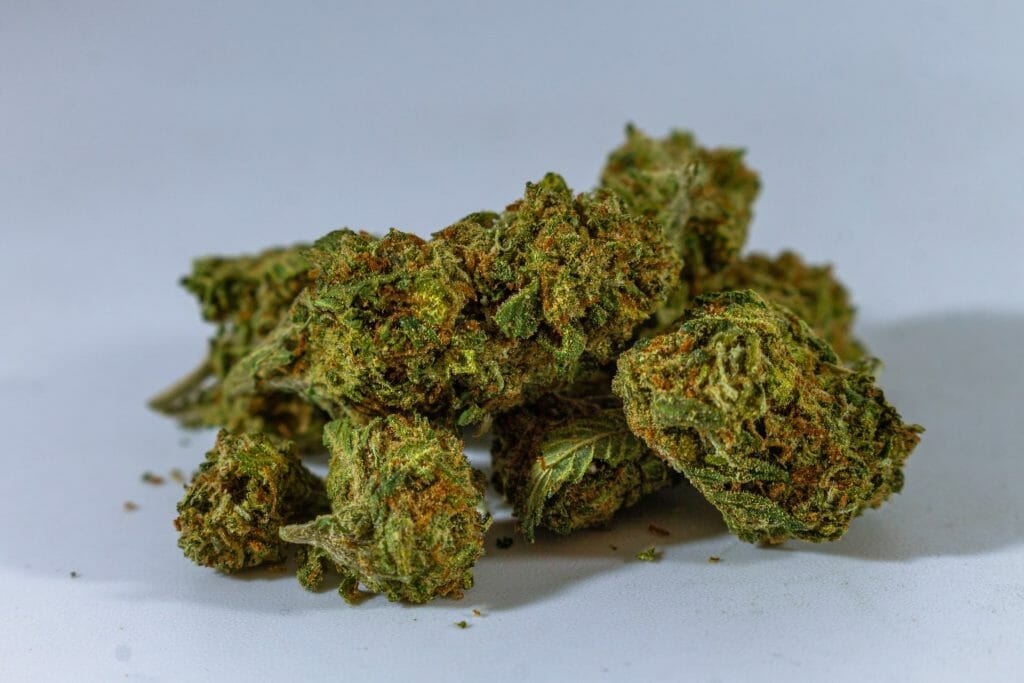The cannabis industry in Canada is rapidly adapting to the needs of health-conscious individuals, with many opting for weed for pain relief, muscle recovery, and stress alleviation.
From renowned athletes to wellness advocates, people are discovering that weed can be an effective resource for achieving peak physical and mental wellness. In this blog post, we will delve into how the weed industry is transforming health and fitness, and how marijuana is increasingly recognized as a means to enhance overall wellness. Stop what you’re doing and continue reading to learn more about Buy Cheap Weed Canada!
Table of Contents
The Science Behind weed and Wellness
How weed Works in the Body
Cannabis impacts the body’s endocannabinoid system, a complex network of receptors and neurotransmitters that governs various physiological functions such as mood, appetite, pain perception, and immune response.
Tetrahydrocannabinol (THC) and cannabidiol (CBD) are the two primary components of weed that engage with the endocannabinoid system. THC is responsible for cannabis’ psychoactive effects, while CBD is non-psychoactive and has been associated with potential therapeutic benefits.
When weed is consumed, THC and other cannabinoids, predominantly located in the brain, nervous system, and immune system, bind to cannabinoid receptors in the body. This interaction can lead to various effects, including euphoria, altered time perception, increased appetite, and mood fluctuations.
CBD may benefit numerous conditions, such as chronic pain, anxiety, and epilepsy, by interacting with other bodily receptors involved in pain management and inflammation, rather than binding directly to cannabinoid receptors.
Effects of weed on Wellness and Fitness
While further research on cannabis is necessary, some sources have shown promising outcomes. Here are a few examples:
Pain Management
For many individuals suffering from chronic pain or injuries, weed has been found to offer potential benefits for pain management. Users of weed reported a significant reduction in overall pain.
Muscle Recovery
The use of weed may assist in muscle recovery post-exercise. Research published in the International Journal of Physical Education, Sports and Health indicated that athletes who utilized CBD after workouts experienced quicker recovery times and significantly less muscle soreness at 24, 48, and 96 hours after exercising.
Stress Relief
Recent studies suggest that cannabinoids may be beneficial in treating PTSD. One study indicated that using weed can reduce activity in the amygdala, which is responsible for fear reactions to threats.
Additionally, another study proposed that the cannabinoids in weed may aid in extinguishing traumatic memories. These two effects offer therapeutic possibilities for individuals coping with PTSD, according to recent findings.
weed and Physical Wellness
The active components in weed, known as cannabinoids, interact with the body’s endocannabinoid system, which regulates pain, inflammation, and immune function.
weed can effectively alleviate pain from neuropathy, cancer, and multiple sclerosis. THC activates the same receptors in the brain involved in pain regulation, leading to pain relief.
weed and Mental Wellness
The cannabinoids interact with the body’s endocannabinoid system, which influences mood, anxiety, and stress levels. Research indicates that weed can effectively alleviate symptoms of anxiety and stress.
THC, the primary psychoactive compound in weed, has been shown to activate specific brain receptors that regulate anxiety and stress responses, resulting in a calming effect. Additionally, CBD has been associated with potential anti-anxiety properties.
Many individuals utilize weed as a way to unwind after a stressful day or to improve their sleep quality at night. weed can have sedative effects, which may be beneficial for those struggling with sleep issues related to stress or anxiety.
Examples of Meditation Practices that Incorporate weed Use
It’s crucial to recognize that using weed before or during meditation can produce varying effects on the body and mind, and may not be suitable or safe for everyone.
Here are some meditation practices that individuals may choose to combine with weed use:
Mindfulness Meditation
Many find that weed can help them achieve a more relaxed and focused state, enhancing mindfulness meditation. Some also discover that weed aids in increasing awareness of bodily sensations and emotions, which are central to mindfulness meditation.
Guided Meditation
Certain guided meditations are specifically crafted to be paired with cannabis. These meditations may incorporate music or soundscapes designed to complement the effects of weed and assist users in feeling more relaxed and focused.
Yoga Nidra
Yoga nidra is a type of guided meditation frequently used for relaxation and stress reduction. Some individuals find that weed enhances their experience of yoga nidra, promoting a greater sense of relaxation and presence.
Transcendental Meditation
Transcendental meditation involves the repetition of a mantra to quiet the mind and achieve deep relaxation. Some individuals find that weed facilitates entry into this state and helps maintain focus on their mantra.
Conclusion
weed is rapidly transforming the health and fitness landscape, as an increasing number of people explore its potential health benefits. Numerous Buy Cheap Weed Canada are accessible online, where knowledgeable staff are ready to address your inquiries about various products. Ensure you are 18 years of age or older before visiting a cannabis store.
While weed has historically been associated with recreational use, its potency and potential for treating various health conditions are becoming increasingly well-documented. From pain management to anxiety relief, weed may empower individuals to lead healthier and more active lives.
“`



